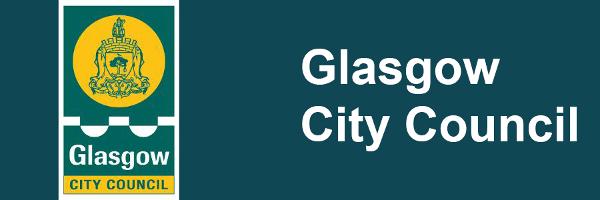What is Adult Support and Protection?
Information for adults and their representatives and families
You may be reading this as an adult who people may think has been harmed and needs the kind of help called Adult Support and Protection.
You may be reading this because you are the family, friend or representative of an adult who needs assistance.
The Adult Support and Protection Act (2007) provides ways to offer support and protection to certain adults who may be at risk of harm or neglect.
An Adult at risk of harm is defined as a person aged 16 or over and who may be unable to protect themselves from harm, exploitation or neglect because of:
- having a disability of any kind, including learning disability
- suffering from a mental illness
- being infirm due to a physical or mental condition
Harmful behaviour can take many forms including:
- physical harm: hitting, slapping, pushing; locking someone in their room
- financial harm: stealing; pressure to hand over money; misuse of bank cards or welfare benefits
- neglect: denying someone medication, food, heating, privacy or dignity. self-neglect
- self-harm: cutting or hurting parts of your own body; swallowing harmful substances
- psychological: threats of harm; humiliation; verbal abuse; intimidation, bullying; preventing contact with others
- sexual activity: any sexual activity that a person doesn't understand or want.
Who is involved?
If Social Work think an 'Adult at risk' is being harmed they must make enquiries and take action to prevent further harm. Social work will arrange to talk to you and listen to you about your situation.
You do not need to talk to the social worker or answer any questions if you do not want to.
The social worker can arrange for an independent advocacy worker to support you to make sure your views are heard.
You can have a friend or family member with you if you feel that would make it easier to speak to the social worker.
Unless social work believe someone is putting "undue pressure" on you to agree to things you are not happy with, your views about your situation will guide what happens next.
What happens next?
An investigation may take place if more information is needed to work out what has happened. If you are being harmed it will be important to work out how to stop any further harm taking place.
After the investigation there will be discussion with you, and any other relevant person, to agree what action may be needed to ensure you are safe.
This may involve an Adult Protection 'Case Conference' which is a meeting involving everyone concerned. This will be arranged by Social Work Services.
The meeting will discuss:
- the harm you are experiencing
- who is causing it
- what can be done to stop it
- how to keep you safe in the future
The meeting will decide if a protection plan is required.
A Protection Plan is an agreed plan to keep you safe from harm. You will be involved in your plan, and with your agreement, your family and friends.
The Rights of the Adult
You can refuse to answer any of the questions asked.
You can refuse to attend any medical examination or treatment unless you wish to.
Advocacy
An independent advocacy worker may help you to understand the process and provide you with information. They can help you put forward your own views and seek to ensure that you are included and understand the decisions that are made about your life.
Further information and help
The following organisations can also provide information on Adult Support and Protection.
Advocacy Services
The Advocacy Project
Phone: 0141 420 0961
Email: enquiry@theadvocacyproject.org.uk
website: www.theadvocacyproject.org.uk
Adult Support and Protection website
website: www.glasgowadultprotection.org.uk
If this leaflet is required in any other format please discuss with the council officer.
To make a comment, suggestion or criticism about the Adult Support and Protection process, Contact the Council's Customer Care Team, who will forward any comments to the right people, who will respond to you. You can contact them by:
- phone: 0141 287 0900
- write (Freepost) to: RLYU-GKGE-JGLJ, Customer Care Team, Chief Executive's Department, Glasgow City Council, G2 9RZ.
This leaflet was produced by the Adult Support and Protection Service User Sub-Group and the Adult Support and Protection Committee.




